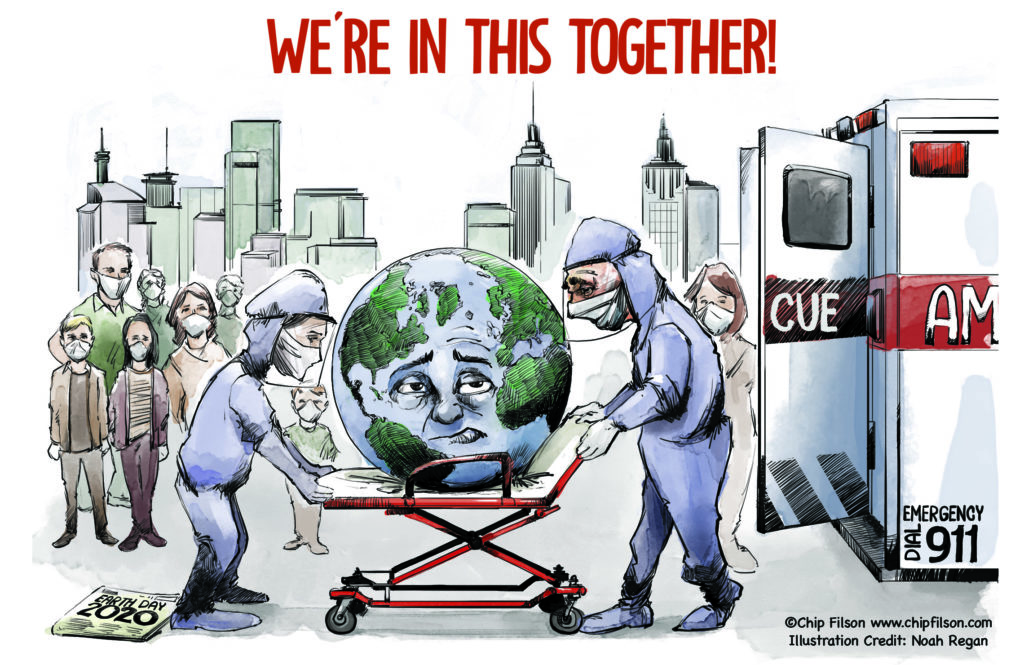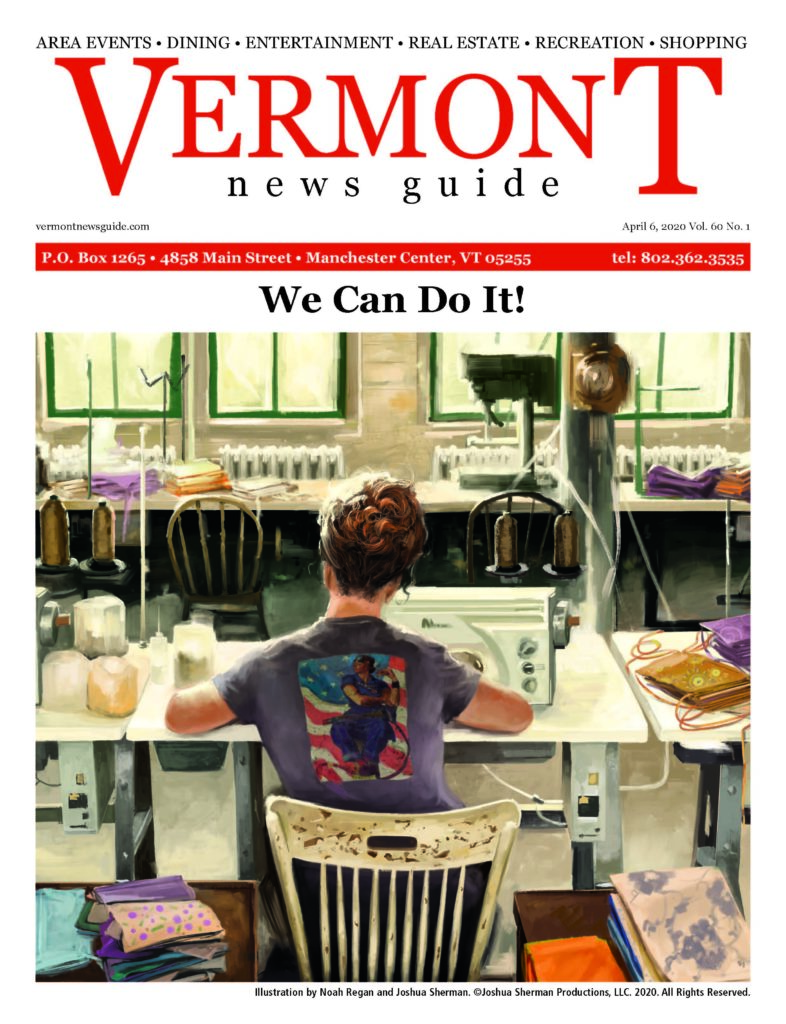With thanks to Mark Willey, organist choirmaster at Georgetown Presbyterian Church, Washington D.C.:
Martin Rinckart walked quickly down the filthy side street that led to his house, distracted only briefly by a hungry mob fighting over the body of a scrawny and very dead cat. He knew them all, had ministered to them, buried their children, and fed them what he could spare from his own meager rations.
Today though, he carried nothing but an idea, a poem that had come to him while he was conducting one of ten funerals he had conducted that day.a He needed to write it down before it was forgotten.
Opening his front door, he rushed to his small desk and picked up a goose quill pen. Dipping it into the well, his mind wandering over the events of the past year, as the tip slowly filled with iron gall ink.
He could see their faces and hear their cries of anguish. The weeping parents burying their only child, the grieving young widow, sick herself with only days to live. They were almost too numerous to count, but as the town’s only living minister and one of just three surviving members of the town council, it was his job to count. In that year alone, he’d buried over four thousand souls, their lives cut down by the Black Plague, but this was just the latest pestilence.
Ever since his appointment in 1617 as Archdeacon of Eilenburg in Saxony, he’d never known peace, or plenty. The skirmishes between the various Protestant and Catholic states had metastasized into an all-out war in 1618; a war that killed millions. Poverty, sickness, hunger, and death were ever present for Martin, and his life was devoted in service to those who suffered.
Lifting the pen from the well, he set its tip on the paper. The familiar scratching sound of its strokes quickened as the letters formed words, flowing into lines of poetry:
Nun danket alle Gott Now thank we all our God,
mit Herzen, Mund und Händen, with heart and hands and voices,
der große Dinge tut Who wondrous things has done,
an uns und allen Enden, in Whom this world rejoices;
der uns von Mutterleib Who from our mothers’ arms
und Kindesbeinen an has blessed us on our way
unzählig viel zu gut With countless gifts of love,
bis hierher hat getan. and still is ours today.
https://www.youtube.com/watch?v=skdWLWF6Ttw
It’s hard to imagine this hymn emerging from such a dark time: a plague, and famine in the middle of a thirty-year long war. Somehow, between all the burials, feeding the hungry, caring for the sick, and ministering to as many people as he could, Martin Rinckart found time, and a spirit of thankfulness to write these words.
Writing them didn’t put an end to the plague, or bring peace to Europe, but Martin seems to have discovered what a spate of recent studies are confirming: Gratitude is good for our minds and bodies.
Could we, would we write words like these today? The words of this hymn of thankfulness flow from Martin’s time to ours, to inspire us to live with a spirit of gratitude in the face of sickness, even the threat of death, and how to focus our energy on service, rather than fear. The world needs more Martins. I want to be one. Don’t you?





